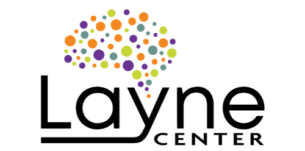- Better Understanding of Their Child’s Experience: Mental health disorders can manifest in various ways, and symptoms can be subtle or easily misunderstood. By attending the workshop, parents can gain deeper insights into what their child might be going through, leading to a more empathetic and effective response.
- Effective Communication: Armed with knowledge, parents can have more constructive conversations with their child, breaking down barriers and building trust. This can be instrumental in ensuring that the child feels supported and understood.
- Collaboration with School and Healthcare Professionals: With a deeper understanding of mental health disorders, parents can more effectively collaborate with teachers, counselors, and healthcare professionals. They’ll be better equipped to advocate for their child’s needs, ask the right questions, and implement recommended strategies at home.
- Empowerment and Proactive Response: Knowledge is power. By being informed, parents can move from a reactive stance to a proactive one. This might mean spotting early signs, seeking timely interventions, or implementing preventative measures to support their child’s well-being.
- Building a Supportive Home Environment: Understanding the nuances of mental health can help parents foster a home environment that is sensitive to the needs of a child with a mental health disorder. This includes establishing routines, boundaries, and strategies that are tailored to their child’s unique challenges and strengths.
Attending the workshop can be a pivotal step for parents in not only supporting their child’s mental health but also fostering a deeper bond based on trust, understanding, and open communication.
